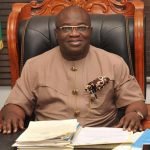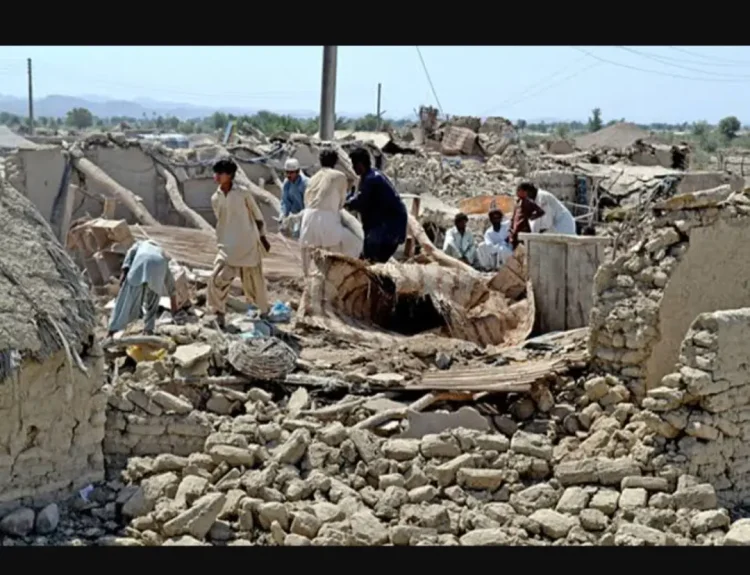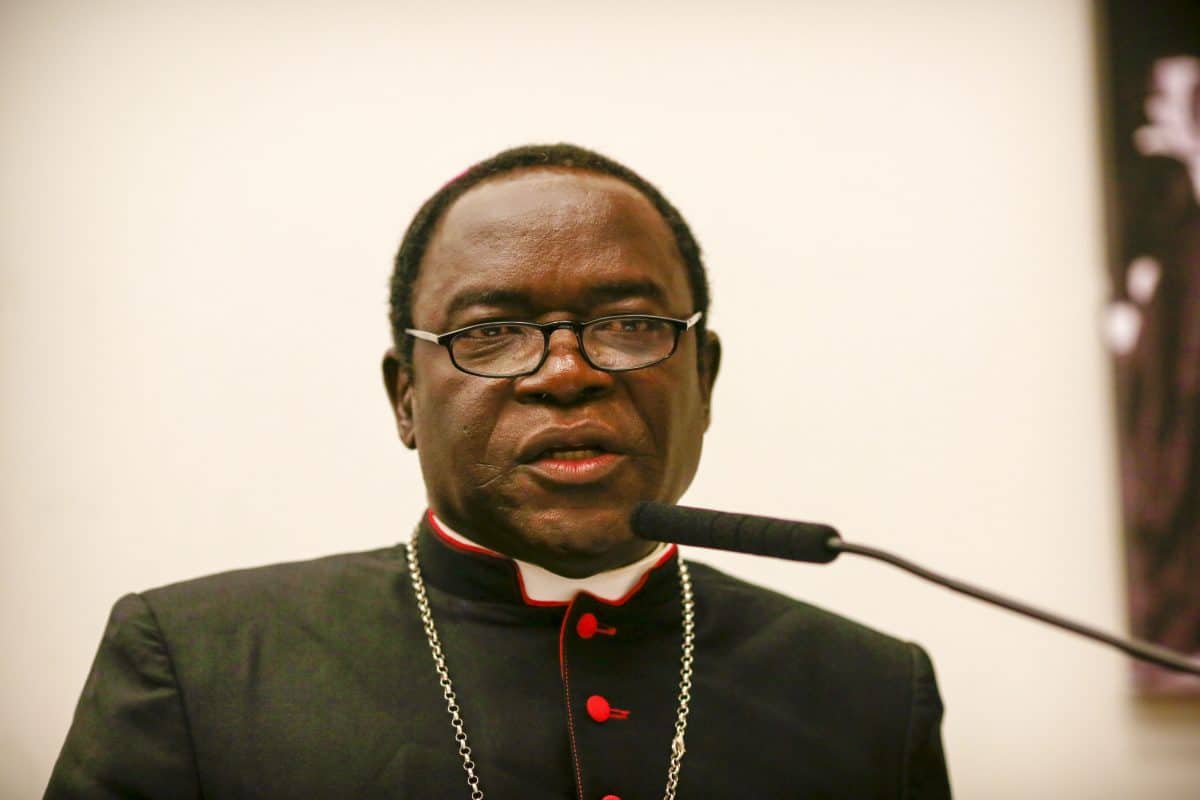Doctors, under the aegis of the Nigerian Association of Resident Doctors (NARD), have unanimously decided to continue their strike which began on August 2.
The association said Federal Government’s alleged insincerity in addressing the demands of its members, coupled with its ex parte injunctions and the misinterpretation of the ruling of the National Industrial Court of Nigeria (NICN), are among the reasons it continued the strike.
NARD’s National Executive Council (NEC), which met on August 25 with over 60 of its members, noted that over 140 days after it signed a Memorandum of Agreement (MoA) with the government, nothing had been done to meet the demands.
In a statement on Thursday, NARD President Okhuaihesuyi Uyilawa said: “The NEC noted the nonchalant attitude of appointees of the government to the suffering of Nigerian doctors.
“The NEC noted that despite the ongoing strike action of 23 days, its members in 23 centres under the GIFMIS platform are yet to be migrated and captured on the IPPIS platform with payment of an outstanding backlog of three to four months.
“They observed with dismay that despite the express instructions given by the President of the Federal Republic of Nigeria to the Federal Ministry of Health to sidestep all technicalities in resolving the issues of dispute between us and the government, not one item on the table has been resolved
“The NEC was also embarrassed by the misinterpretation of the court ruling by the Federal Ministry of Labour, thereby misinforming the public that the National Industrial Court (of Nigeria) had ordered that the strike should be suspended.
“The NEC painfully observed that issues bedeviling most of our state tertiary health institutions are left unattended to, despite the ongoing strike. They noted that these issues can be solved through the National Council on Health.
“The NEC was disappointed but not surprised at the Governor of Abia State for failing to offset the 19 months’ salary arrears being owed our members in his state, which he promised to pay over 23 days ago. They also frowned at the actions of the Governors of Imo, Ekiti and Ondo states, who are still owing our members 10 months, six months and four months respectively.
“The NEC noted that 114 House Officers are yet to be paid their one to six months’ salaries.
“It was surprising to the NEC that despite the unanimous disapproval and call for the withdrawal of the circular removing the House Officers from the scheme of service, the Lagos State government has gone ahead to implement the same circular in the state.
“The NEC reiterated its displeasure over the paltry N5,000 Hazard Allowance given to doctors, nurses and other healthcare workers.
“NEC recognised the public outcry occasioned by the ongoing industrial action. The association is, however, constrained as the families of the 19 members who died during the COVID-19 outbreak while providing healthcare services are yet to get their death-in-service insurance.”
He added: “After critical appraisal of the actions of both the Federal and state governments on all the issues affecting the welfare of our members, as observed above, and the perpetual insincerity from government, as evidenced by the reckless ex parte injunctions sought by the government, and the ambiguity in the interpretation of the ruling of the NICN, the NEC unanimously agreed, via votes, to sustain the ongoing industrial action until its demands are met, as contained in the MoA signed more than 140 days ago and the recent MoU signed between the government and the Nigerian Medical Association (NMA).
“The NEC reiterated its position that the circular from the Head of Service (of the Federation) removing house officers from the scheme of service must be withdrawn.
“The NEC demanded that an emergency meeting of the National Council on Health be convoked to discuss these health emergencies and to fashion out ways to universally resolve all the issues affecting the state health institutions in the country.”





2 Comments